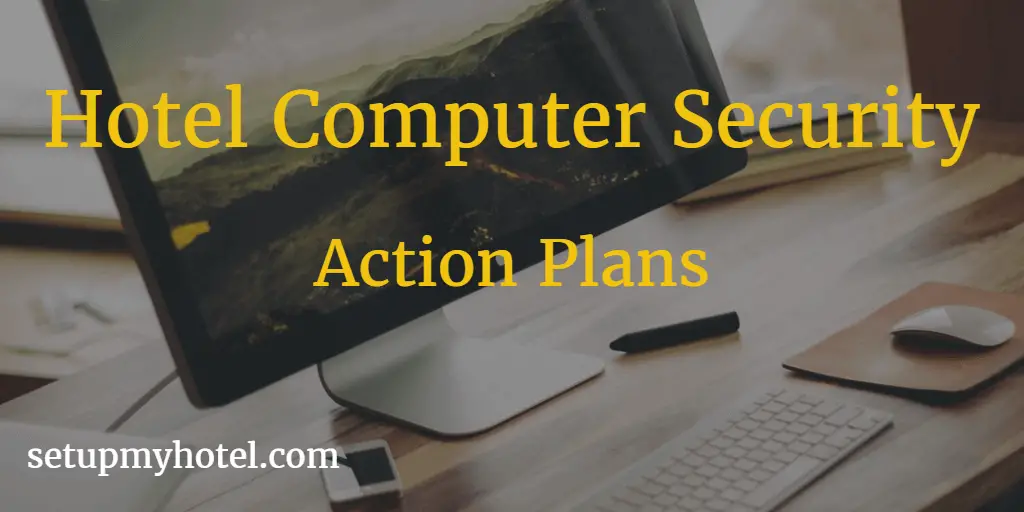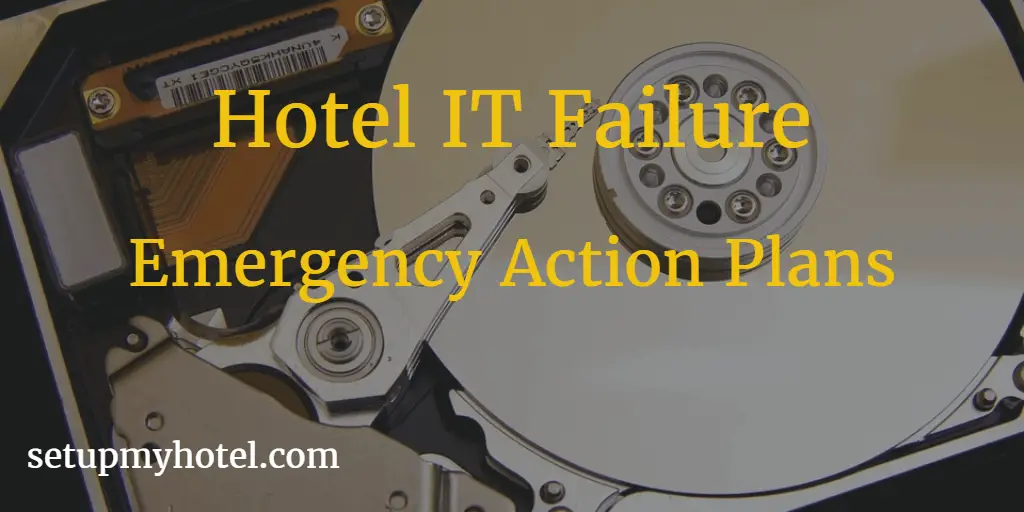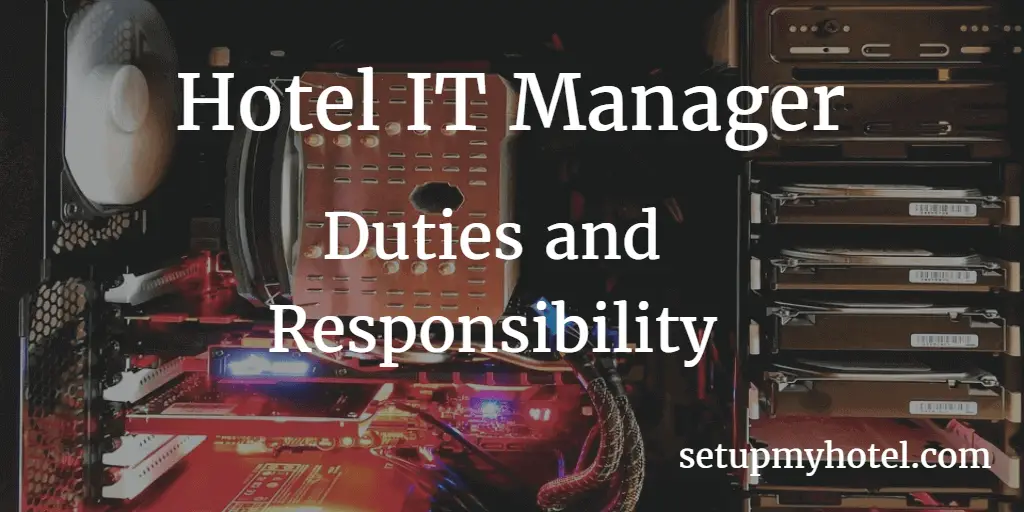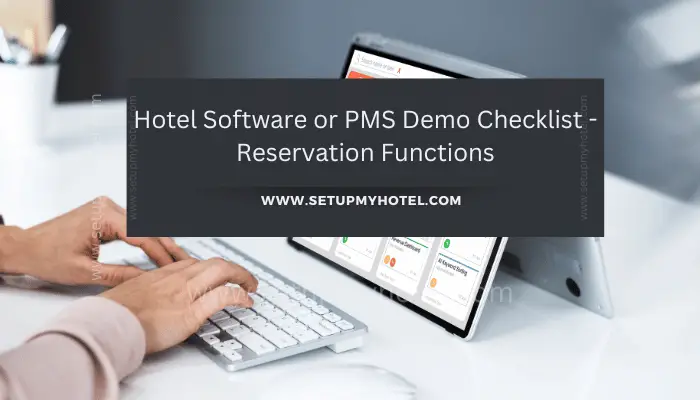Finance – Controlling Loss And Wastage In Food And Beverage ( F&B ) Operations

Controlling Loss And Wastage In Food And Beverage Operations Efficient management of food and beverage operations requires a meticulous approach ...
Read more
IT – Hotel Computer Security And Disaster Recovery Tips

Hotel Computer Security And Disaster Recovery Tips In the modern hospitality industry, where technology plays a crucial role in operations, ...
Read more
IT – Hotel IT Failure Emergency Action Plan / Contingency Plan (All Departments)

Sample Hotel IT Emergency Action Plan / Contingency Plan In today’s digital age, all businesses must have a solid IT ...
Read more
29 Duties And Responsibilities Of Hotel IT Manager / Systems Manager

Job Description, Duties, Interview Questions and Salary for Hotel IT Manager As a Hotel IT Manager, you will be responsible ...
Read more
Hotel Software or PMS Demo Checklist – Reservation Functions

Reservation Related Functions check list for Evaluating Hotel Software Reservation Related Functions Checklist for Evaluating Hotel Software When evaluating hotel ...
Read more









